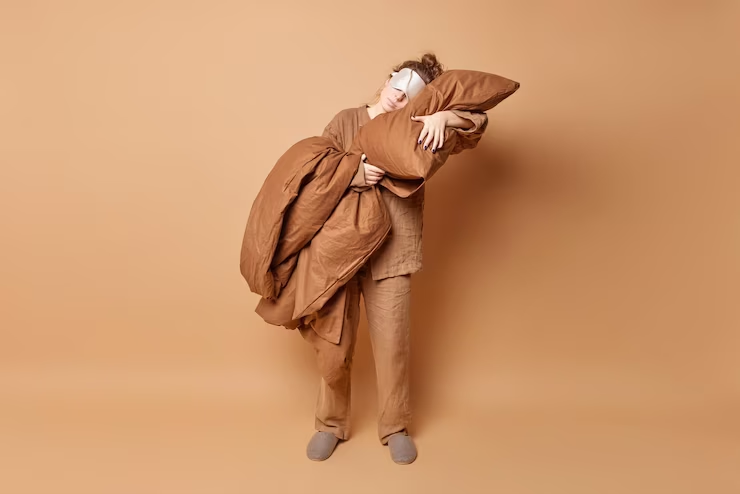Sleep is meant to be a time of rest and rejuvenation for the body and mind. However, for some individuals in South Africa, sleep can be disrupted by restless sleep and sleepwalking. These sleep disorders can have a significant impact on sleep quality, safety, and overall well-being. In this article, we will explore restless sleep and sleepwalking, discuss their potential causes, and provide strategies to address these conditions in South Africa.
Restless Sleep:
Restless sleep, also known as sleep movement disorders or parasomnias, refers to a group of sleep disorders characterized by abnormal movements or behaviors during sleep. These movements can range from simple repetitive actions to more complex behaviors. Restless sleep can include conditions such as periodic limb movement disorder (PLMD), sleep-related eating disorder (SRED), and sleep-related rhythmic movement disorder (SRRMD).
Sleepwalking:
Sleepwalking, also known as somnambulism, is a sleep disorder in which a person engages in activities while still asleep. These activities can range from simple actions like sitting up or walking around the room to more complex behaviors like leaving the house or even driving. Sleepwalking typically occurs during the deeper stages of sleep and can be accompanied by limited or no memory of the event.
Causes of Restless Sleep and Sleepwalking:
The exact causes of restless sleep and sleepwalking are not fully understood. However, several factors may contribute to their occurrence:
- Genetics: There may be a genetic predisposition to sleep movement disorders, as they can run in families.
- Sleep Deprivation: Lack of sufficient sleep or poor sleep quality can increase the likelihood of experiencing restless sleep or sleepwalking episodes.
- Stress and Anxiety: High levels of stress or anxiety can disrupt sleep patterns and contribute to sleep disturbances.
- Medications and Substances: Certain medications, sleep aids, or substances like alcohol or sedatives can increase the risk of experiencing restless sleep or sleepwalking.
Addressing Restless Sleep and Sleepwalking:
- Establish a Consistent Sleep Routine: Maintain a regular sleep schedule, going to bed and waking up at the same time every day, to promote a more stable sleep pattern.
- Create a Sleep-Friendly Environment: Ensure your bedroom is comfortable, quiet, and conducive to sleep. Use blackout curtains or an eye mask to block out light and earplugs or a white noise machine to minimize noise disruptions.
- Reduce Stress and Anxiety: Practice stress management techniques such as meditation, deep breathing exercises, or engaging in relaxing activities before bed to promote a calmer state of mind.
- Improve Sleep Hygiene: Adopt good sleep habits, such as avoiding caffeine and electronic devices before bedtime, and creating a relaxing bedtime routine to signal to your body that it’s time to wind down and prepare for sleep.
- Ensure Safety Precautions: If you or a loved one experiences sleepwalking, take precautions to ensure safety. Remove potential hazards from the sleeping environment, such as sharp objects or obstacles, and consider installing alarms or childproof locks on doors and windows.
- Consult a Healthcare Professional: If restless sleep or sleepwalking significantly disrupts your sleep quality or poses safety concerns, it is advisable to consult with a healthcare professional. They can evaluate your sleep patterns, provide a proper diagnosis, and suggest appropriate treatment options.
Remember, addressing restless sleep and sleepwalking may require a combination of strategies tailored to your specific needs. It is important to prioritize sleep and seek professional guidance if necessary to ensure a healthier and more restful sleep experience.










